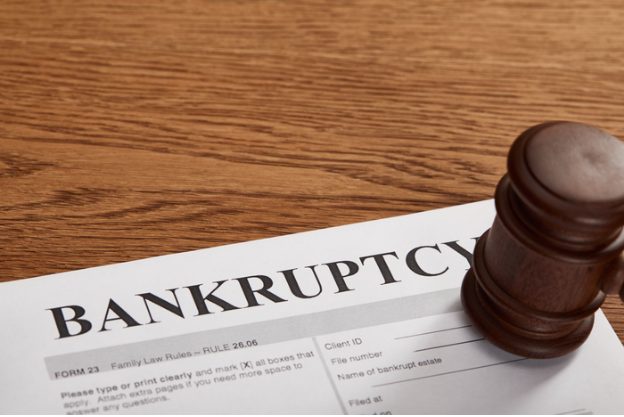Bankruptcy can be intimidating. It is scary to think about a situation that can feel helplessly overwhelming. There are many causes that can lead to bankruptcy, from sudden job loss to credit card debt, mounting medical bills, vehicle or home repair, and other unexpected events. When you find yourself in an unfortunate situation, it is important to know the options that you have and can choose from to overcome the circumstance, even if it may seem difficult.
Filing for bankruptcy is a step you can take when you find yourself severely unable to pay piling debt. While bankruptcy may not always be the right answer for every resolve, it is worth discussing and understanding the basics involved when you do choose to file for bankruptcy.
There are two types of consumer bankruptcy, Chapter 7 and Chapter 13.
Chapter 7 Bankruptcy
Chapter 7 of the bankruptcy code is the traditional bankruptcy, which is for the discharge of debts. In this option, you will either have to pay for or surrender your property to pay off all your existing debts. You will have to give up any of your non-exempt property so that you are able to pay off as many debts as possible. This will involve a lot of calculation, but once it is done, you will keep your exempt property and will forever be released from any obligation to pay any remaining dischargeable debt.
Chapter 13 Bankruptcy
In the Chapter 13 bankruptcy code, you won’t have the option to wash your debts entirely at once, but will aim to:
- restructure the payments of your debts, considering your income so that it becomes more manageable for you.
- reduce some part of the debts so that you are able to manage your payments.
To achieve this, you may be asked to pay only part of the loan, or the duration of your payments will be extended for a longer period of time. This type of payment plan can usually last for about five years. During this time, your finances will be under watch by a trustee.
If you are planning on declaring bankruptcy in order to resolve your financial problems, make sure that you understand what is involved. Before you make a decision, contact Foley Law Offices to schedule a consultation with our highly-experienced bankruptcy attorneys to discuss and determine the best debt relief options for you. Our dedicated counselors can work with you to evaluate your situation, explain different options, and help you form a suitable plan forward

